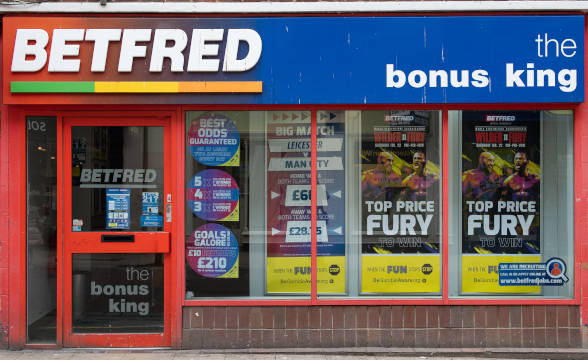GambleAware is confident that more needs to be done in terms of contributions to help the organization address problem gambling. As the issue proves particularly sensitive in light of a looming regulatory review of the industry, the not-for-profit calls for more contributions as it reports an estimated £34.7 million ($42.9 million) received by industry stakeholders over the course of the last financial year.
Mounting Contributions Does Not Mean Stability
According to GambleAware, the company received 89% of all contributions from four companies, which represent the biggest market share in the United Kingdom, to wit Flutter Entertainment, bet365, Entain, and William Hill. The present numbers are £15 million ($18.42 million) larger than the contributions for the previous year, making it the largest on record to date.
This though is hardly a sufficient amount to address the industry issues, GambleAware believes. But more so than looking at the pure numbers, GambleAware is concerned with a lack of “consistency” in how and who donates.
This is why the organization wants to see a mandatory levy based on companies’ gross gaming yield, which will go directly to GambleAware’s efforts to tackle problem gambling and gambling-related harm through financing marketing campaigns and even health programs.
Zoë Osmond, chief executive at GambleAware, has stressed the importance of having a consistent source of revenue that can help the organization continue to support essential services that are at the core of tackling all the aforementioned problems.
However, uncertainty and instability make in terms of the money that is being contributed makes it harder, Osmond argues.
Mandatory Levy Would Mean Better Results
It also isn’t fair to the biggest four companies to be donating the most in comparative terms. Osmond commended those efforts:
“We welcome the commitment from the ‘Big Four’ operators to increase their donations over the coming years; however, there remains an inconsistent approach to funding across the wider gambling industry, which leads to uncertainty and instability.”
Zoë Osmond, chief executive at GambleAware
The executive called for a mandatory levy that ought to be tied with the licensing conditions for each existing and new company, and as part of licensees’ commitment to responsible gambling. A mandatory levy, Osmond argues, will ultimately lead to a much healthier structure that can assist people at risk or suffering from problem gambling and addiction.
The more funds going to such initiatives the better things with problem gambling will get, including through additional treatment options and targeted research that gives further insight. More money means that any pitched measure would be realized much quicker, too, Osmond concluded.


